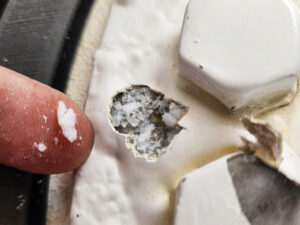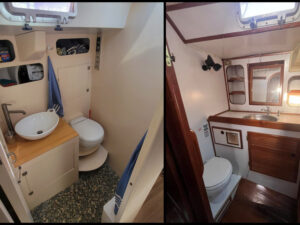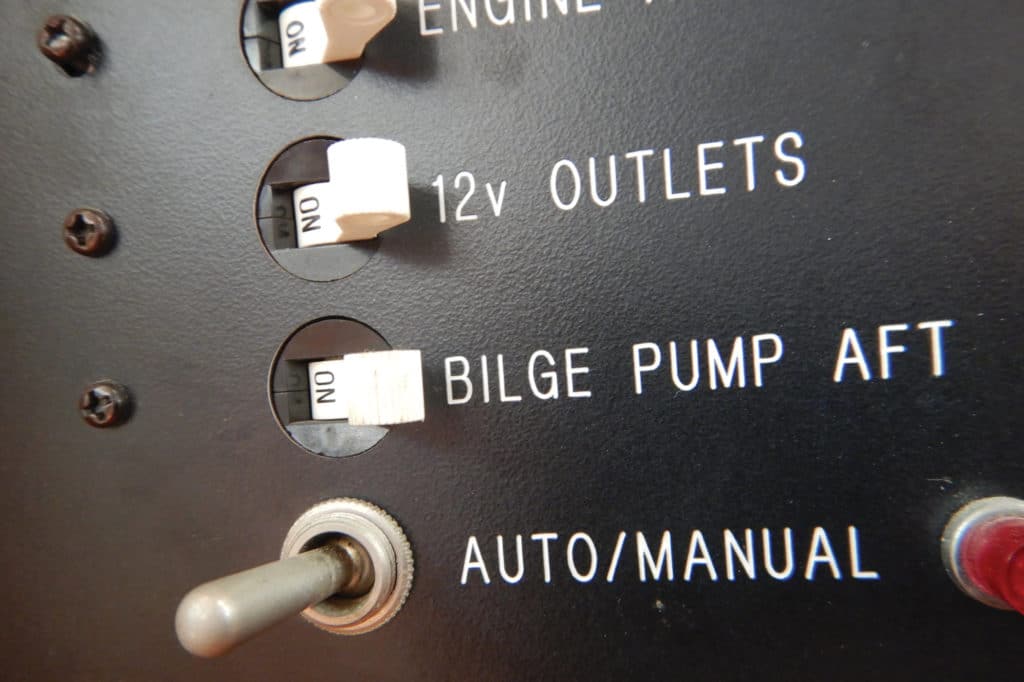
You’ve found your dream boat, one that checks most or all of the boxes. Now all you need to do is secure financing, get insurance and find a surveyor. The first two tasks are relatively straightforward, and can usually be accomplished with a few mouse clicks and telephone calls. The survey, on the other hand, can be more challenging.
There are two ways to look at a survey. The first? It’s something to get through so you can get your boat. The second? It’s your one opportunity to identify faults and flaws in the vessel, and either negotiate them or walk away, before you plunk down your hard-earned cash. While most would agree that the latter is wiser in the case of a long list of issues, in my experience, too many buyers veer toward the former, even if subconsciously. Your attitude should be this: The survey should convince you why you should, rather than should not, buy this vessel.
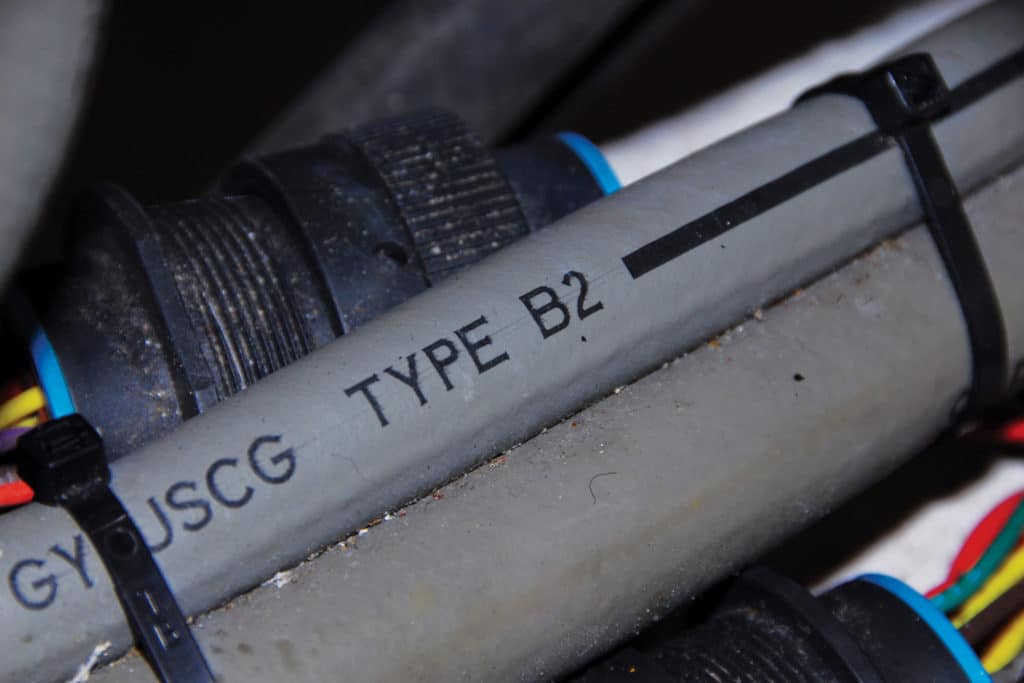
While most surveyors belong to one of the two major surveyors’ organizations—the National Association of Marine Surveyors or the Society of Accredited Marine Surveyors—there are others, and unfortunately membership alone is no guarantee of competency. Boats are so widely varied that creating a standard for a survey, and for surveyors, is extremely challenging. So, what’s a buyer to do?
While brokers might be well-meaning, it’s best to avoid using a surveyor they’ve recommended; there’s simply too much of an opportunity for a conflict of interest. Begin instead by soliciting feedback from boat owners who have experience with the candidate you are considering. Once you’ve narrowed down the list, check their credentials (ideally these will be listed on their website, but if not, call or email them). Are they in good standing with their particular surveying organization? This nearly always requires the accumulation of annual continuing-education credits. Next, do they belong to the American Boat and Yacht Council? For me, both are mandatory—the former for obvious reasons, and the latter because you want to be sure they can evaluate the vessel for its compliance with ABYC standards, even if it wasn’t built to meet those standards. More on that in a moment.
Read More: Monthly Maintenance
Membership in ABYC affords a surveyor all-important access to the written standards by which he or she should, at least in part, judge the vessel. A bonus would be an ABYC certification; there are many, but for surveyors, the most common are “Systems” and “Standards.” Ask if they possess any certifications, and then check to confirm that this is accurate by visiting the relevant page on the ABYC website (abycinc.org/recreationalboaters).
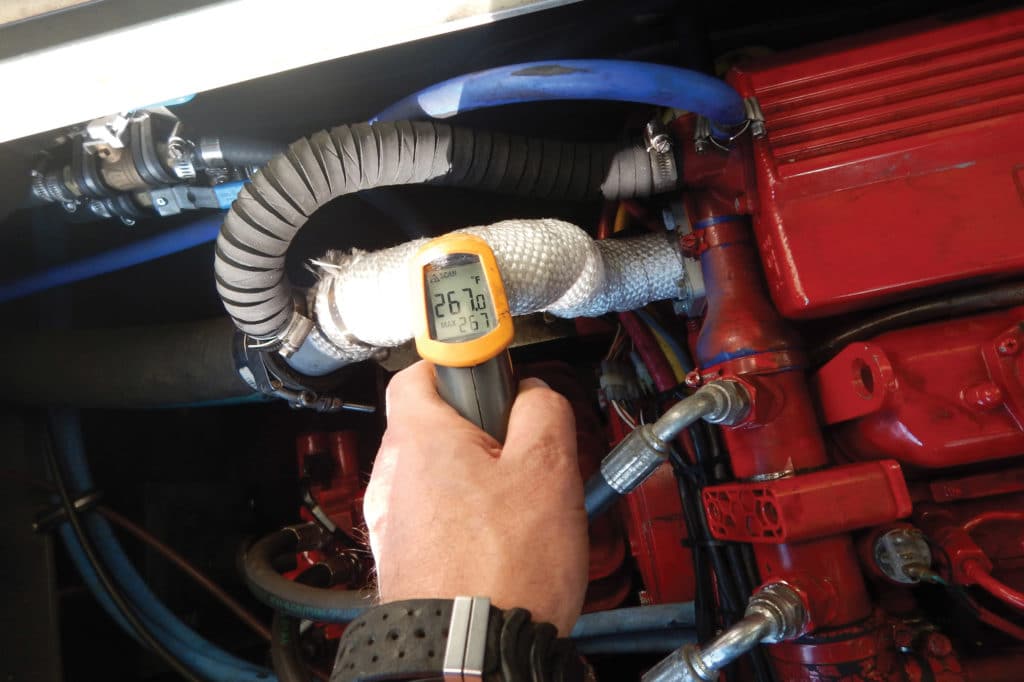
When I conduct vessel inspections and point out observations that represent violations in the ABYC standards, invariably the seller or selling broker will say, “But when the boat was built, that wasn’t required” or “It was complaint when built, therefore it should be grandfathered.” To be clear, ABYC compliance isn’t mandatory, so little is “required” by law for diesel-powered recreational vessels beyond navigation lights, sound signaling devices, life preservers, flares and so on. But think of it this way: Seat belts were not required in cars sold in the United States until 1968. However, if you opted to drive a car that was not required to have seat belts when it was manufactured, would you install them? My approach to ABYC compliance is similar; it doesn’t matter if wiring that can electrocute you and/or start a fire was compliant when installed. Today, and for the length of your ownership of the vessel, it represents an unnecessary risk, and it should be corrected. Toward this end, you should pose the following question to the surveyor you are considering using for your pre-purchase survey: “Can you evaluate the vessel for compliance with all relevant, current ABYC standards?”
Additionally, and finally, you should also task the surveyor with testing every piece of gear, from engine and genset, both fully loaded, to radar, light switches, microwave oven, watermaker, winches, windlass, and on and on. He or she should test and operate everything. Be certain to impress upon the surveyor that this is your one chance to identify issues that can be negotiated in the sale…or prompt you to walk away from the deal.
Steve D’Antonio offers services for boat owners and buyers through Steve D’Antonio Marine Consulting (stevedmarineconsulting.com).


